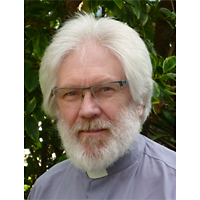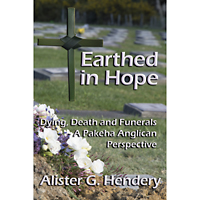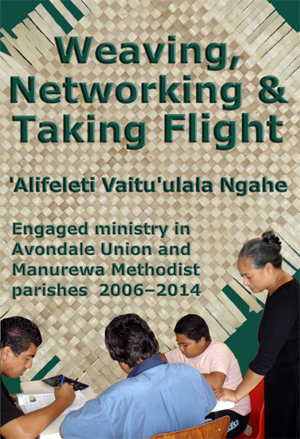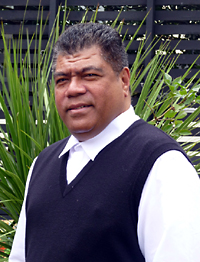“When speaking with children about a death, the news needs to be broken gently, and then a brief but accurate description of the death needs to be given. Unfortunately, adults, encouraged by the media, regularly use euphemisms to deny the reality of death. How often do we hear people saying someone has ‘passed away’ or that they have ‘lost’ their mum? We understand such language as code for death, though at times it has an almost comic side to it. A parishioner whose son had died remarked: ‘When people talk about me losing my son, it makes me sound so careless.’ For children such language results in confusion. What does ‘passed away’ or ‘passed over’ mean? Passed to where?
She has ‘fallen asleep’ or ‘she is resting.’ I recall working with a family whose baby girl had died. In one session it emerged that her brother was afraid to go to bed. It transpired that the baby’s death had been explained to him as her ‘going to sleep and not waking up.’ Not surprisingly, the boy was scared to go to sleep.
He ‘has gone on a long journey’, but people come back from long journeys. We take holidays that involve long journeys. This simply adds to a child’s confusion.
As with adults, but even more so with children, it is crucial that euphemisms be avoided. Children ask what they need to ask and become confused or anxious when we lay on them adult-formed inhibitions. The minister and family need to be very careful how they use religious language and imagery to speak about death to children. In an attempt to reassure the child we may say that, ‘Grandma has gone to heaven to be with God’, but the child may then resent a God that takes to heaven a person they love and need. Adults as well as children are easily alienated from God by such language, and we must consider the consequences of its use. If it is said, ‘Jesus loved her’ or, ‘she was so good God wanted her’, then why have any dealings with God who removes from my life someone I love? God might take me away as well. A boy began to behave badly after his uncle died. Eventually, he explained that he was being naughty so that God would not take him away like God had taken his uncle. He had overhead someone say that his uncle was such a good person that God had taken him, so the boy was working hard to be bad to ensure the same thing did not happen to him.”
From Chapter 11 — Children, of Earthed in Hope: Dying, Death and Funerals – A Pakeha Anglican Perspective. By Alister G. Hendery.




